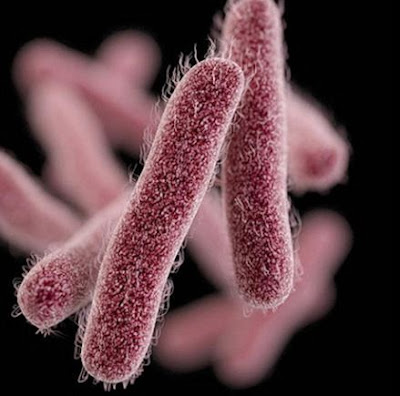Child Care
Shigellosis: Causes, Symptoms, Treatment and Prevention
Shigellosis: Causes, Symptoms, Treatment, and Prevention
 |
| shigella |
Bacterial-infected shigellosis or blood clots impede our digestive capacity. It is caused by a bacterial group called Shigella. Shigella is transmitted to human bodies through contaminated water and food or contaminated feces. Children under the age of five are most likely to have Shigella infection, though it can happen at any age. Usually seen in young children because they often put their fingers in the mouth. Therefore, bacteria are more likely to be infected.
Symptoms of Shigellosis
The primary symptom of this disease is diarrhea. Symptoms appear within a day or two after exposure to the bacteria. However, it can take up to a week to develop. The most common symptoms of Shigellosis are -
a) often blood or mucous outflow with diarrhea
b) fever
c) abdominal pain or tension
d) nausea or vomiting
The cause of Shigellosis
is the infection that develops when the bacteria enter our digestive tract. Bacteria spread toxins that cause irritation of the intestine. The reasons are -
a) eating food without washing hands or touching mouth
b) eating contaminated food
c) drinking contaminated water
The risk factors for Shigellosis are
a) age
b) Shigella bacteria can spread as it comes in contact with an infected person.
c) Shigella outbreaks are more prevalent in centers where children are cared for, community wedding pools, nursing homes, prisons, etc.
d) Living in areas where sanitation is lacking.
Diagnosis of Shigellosis
The primary symptom of this condition is diarrhea, which can also identify other diseases. A doctor examines the patient's history and various tests to ascertain whether the patient has Shigellosis. Shigella also recommends testing the patient's stool for the presence of bacteria or toxins.
Treatment of Shigellosis The infection usually lasts five to seven days. Its treatments are -
a) In the case of acute Shigella infection, antibiotics can help reduce the duration of illness. However, doctors advise against the use of antibiotics because some Shigella bacteria are drug-resistant so they only recommend taking antibiotics if the infection is severe.
b) For healthy adults, drinking water is sufficient to prevent the various effects of diarrhea. Kids can benefit from oral rehydration solutions. Treatment is needed for severely dehydrated individuals.
Prevent shigellosis
Studies are still underway to develop a Shigella vaccine.However, doctors currently recommend the following steps to prevent the onset of this condition:
a) Be careful when washing small children
b) Wash hands frequently,
c) Avoid contaminated ponds, swimming pools
d) Avoid sexual activity with a person with diarrhea.
e) Do not prepare food for others if you have diarrhea
f) properly dispose of used diapers






Post a Comment
0 Comments